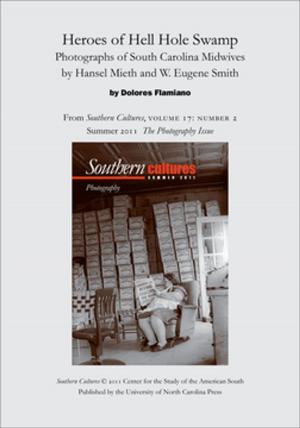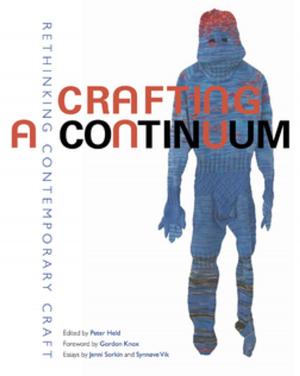Writing Deafness
The Hearing Line in Nineteenth-Century American Literature
Nonfiction, Social & Cultural Studies, Social Science, Disability, Fiction & Literature, Literary Theory & Criticism, American, History, Americas, United States, 19th Century| Author: | Christopher Krentz | ISBN: | 9781469606682 |
| Publisher: | The University of North Carolina Press | Publication: | September 1, 2012 |
| Imprint: | The University of North Carolina Press | Language: | English |
| Author: | Christopher Krentz |
| ISBN: | 9781469606682 |
| Publisher: | The University of North Carolina Press |
| Publication: | September 1, 2012 |
| Imprint: | The University of North Carolina Press |
| Language: | English |
Taking an original approach to American literature, Christopher Krentz examines nineteenth-century writing from a new angle: that of deafness, which he shows to have surprising importance in identity formation. The rise of deaf education during this period made deaf people much more visible in American society. Krentz demonstrates that deaf and hearing authors used writing to explore their similarities and differences, trying to work out the invisible boundary, analogous to Du Bois's color line, that Krentz calls the "hearing line."
Writing Deafness examines previously overlooked literature by deaf authors, who turned to writing to find a voice in public discourse and to demonstrate their intelligence and humanity to the majority. Hearing authors such as James Fenimore Cooper, Lydia Huntley Sigourney, Herman Melville, and Mark Twain often subtly took on deaf-related issues, using deafness to define not just deaf others, but also themselves (as competent and rational), helping form a self-consciously hearing identity. Offering insights for theories of identity, physical difference, minority writing, race, and postcolonialism, this compelling book makes essential reading for students of American literature and culture, deaf studies, and disability studies.
Taking an original approach to American literature, Christopher Krentz examines nineteenth-century writing from a new angle: that of deafness, which he shows to have surprising importance in identity formation. The rise of deaf education during this period made deaf people much more visible in American society. Krentz demonstrates that deaf and hearing authors used writing to explore their similarities and differences, trying to work out the invisible boundary, analogous to Du Bois's color line, that Krentz calls the "hearing line."
Writing Deafness examines previously overlooked literature by deaf authors, who turned to writing to find a voice in public discourse and to demonstrate their intelligence and humanity to the majority. Hearing authors such as James Fenimore Cooper, Lydia Huntley Sigourney, Herman Melville, and Mark Twain often subtly took on deaf-related issues, using deafness to define not just deaf others, but also themselves (as competent and rational), helping form a self-consciously hearing identity. Offering insights for theories of identity, physical difference, minority writing, race, and postcolonialism, this compelling book makes essential reading for students of American literature and culture, deaf studies, and disability studies.















